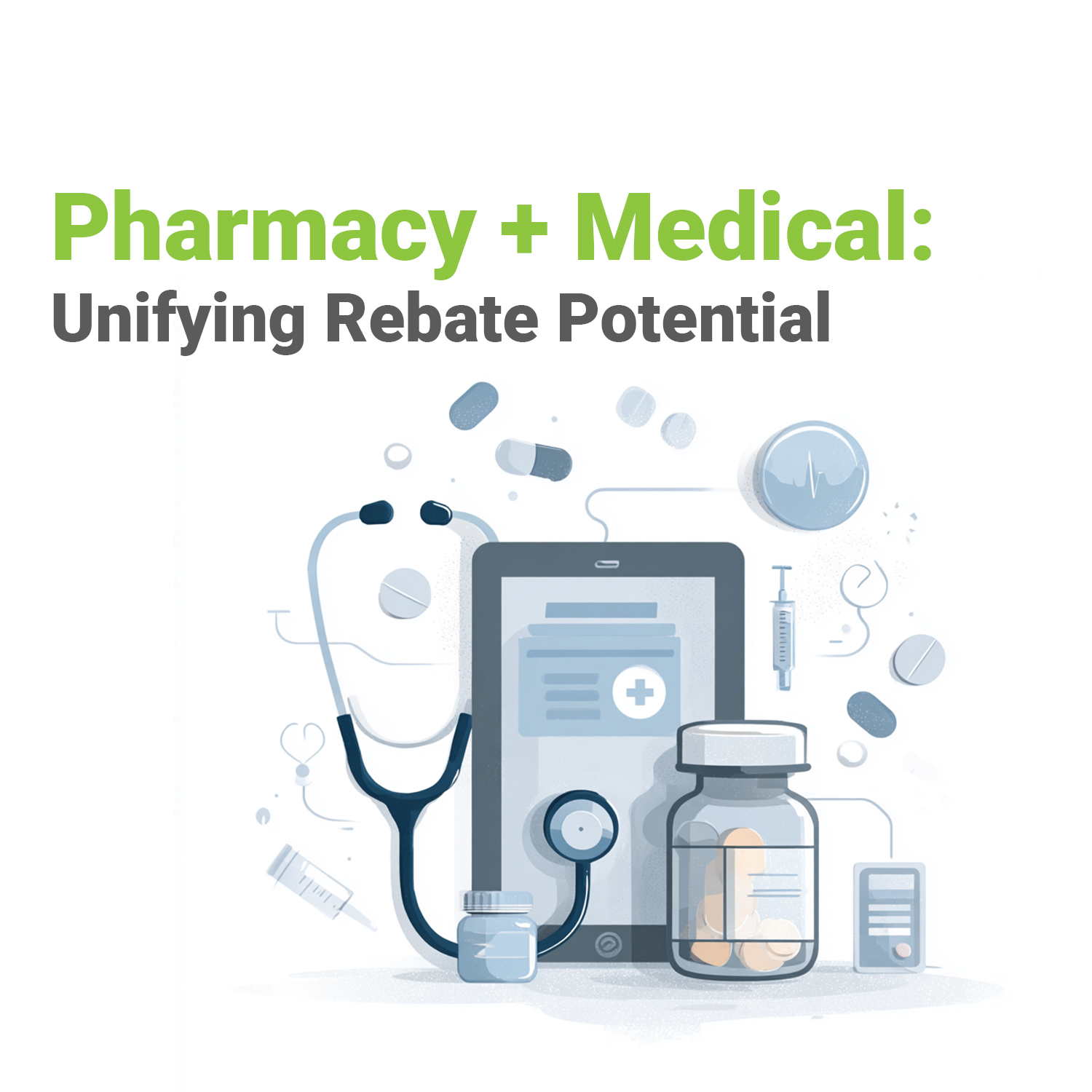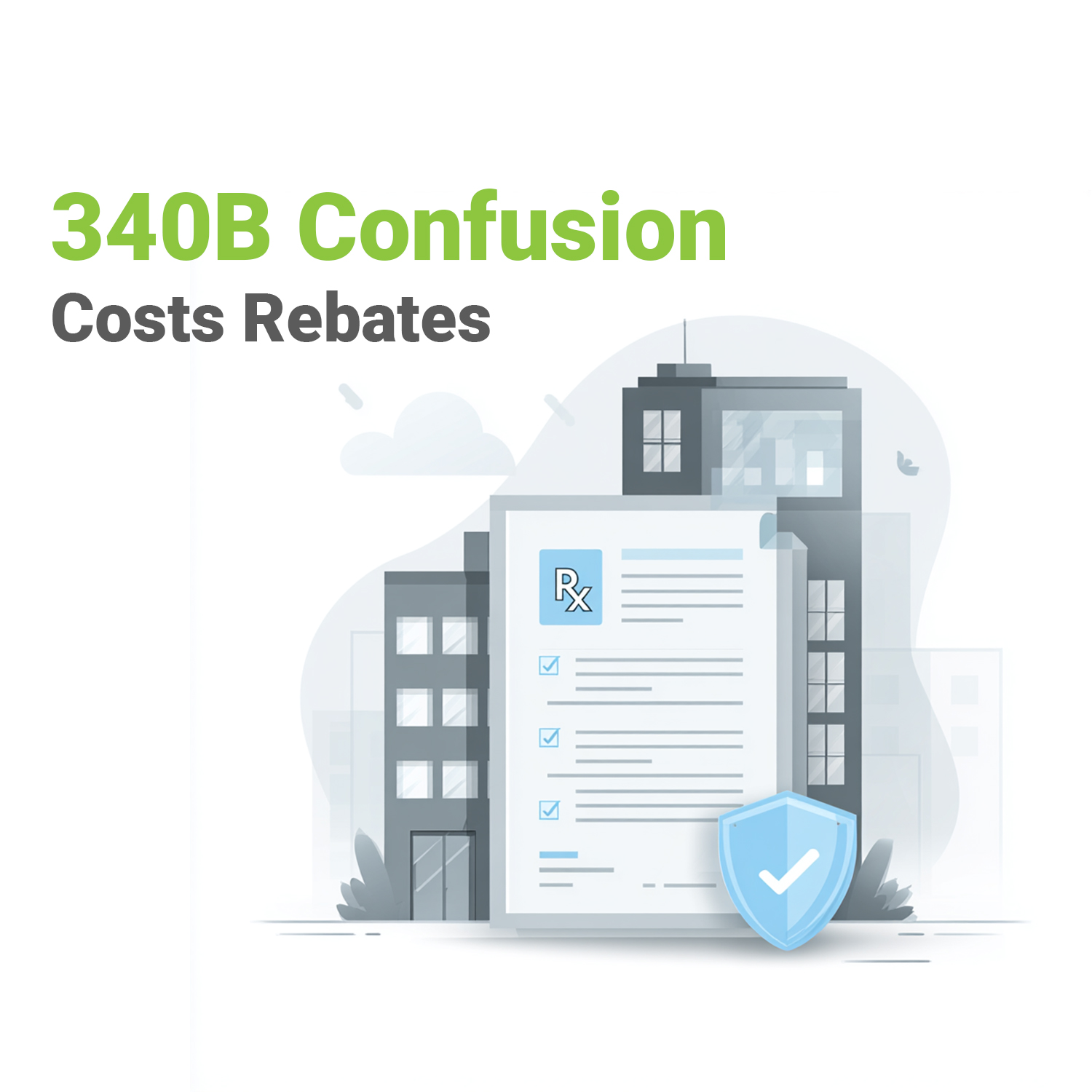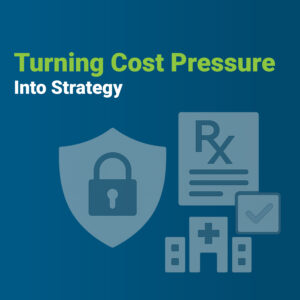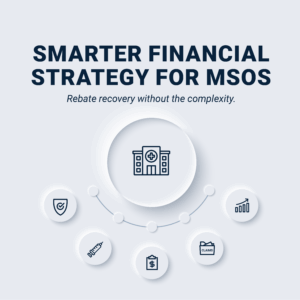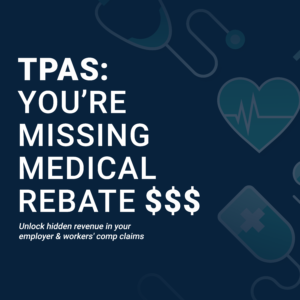You may have never heard of biosimilar drugs and that’s probably because they are not commonly prescribed in the United States even though they have been around for over 20 years. So, what are biosimilar drugs? A biosimilar drug is no different in terms of safety and effectiveness than a biologic product, also known as a reference product, and while highly similar it is not identical.
While you may think a biosimilar sounds like a generic, it is not. Generic drugs are made up of small molecules that are chemically synthesized while biosimilars are larger more complex molecules that are produced from living systems. A biosimilar can never be exactly like the reference drug due to its complexity and the fact that they are made up of living cells.
Roadblocks to Acceptance
In the United States, there are 33 biosimilars approved, but only two-thirds have been launched or marketed. Most of the approved products are for the treatment of cancer and cancer-related conditions. Biosimilars provide competition to help drive drug prices down; however, the use of biosimilars has been limited because only two have been approved by the Food and Drug Administration (FDA) as interchangeable. That’s one of the major roadblocks. A pharmacist cannot substitute a less expensive biosimilar like a generic drug unless the biosimilar is approved as interchangeable.
The second hurdle is a lack of trust. Think back to the early 80s when generics first being introduced, both patients and physicians were skeptical to try them in place of the brand drug. Biosimilars are in a similar place today. Physicians are hesitant to switch patients to biosimilars and patients are reluctant to switch to a biosimilar.
Key to Drug Savings
Biosimilars are getting a lot of attention these days for a couple of reasons. The main reason is the increasing use of biological drugs. These cutting-edge drugs make up a majority of the top 10 selling drugs. Biosimilar drugs are expected to help drive down the cost of these top-selling drugs by encouraging competition and that seems to be the case. For example, Humira which is an injectable drug used to manage symptoms of rheumatoid arthritis (RA) and other conditions can cost up to $9,000 a month. In the United States, this drug has been under patent protection since 1994. In contrast, biosimilars of Humira have been around in India since 2014 at one-fifth of the U.S. price.
The good news is there is more competition on the way. Currently, there are six Humira FDA biosimilars approved for release in 2023. The Food and Drug Administration recently approved Cyltezo (adalimumab-adbm), the first interchangeable biosimilar product of Humira (adalimumab). While these biosimilars are expected to be more affordable than Humira, they still won’t have the huge savings that generic drugs provide. Generic savings can be up to 95% less than the cost of the brand while savings for biosimilars vary by drug class and on average are 10-30% cheaper.
With escalating healthcare costs, plan providers and patients are both looking for unique ways to curb the rising costs of prescription drugs and biosimilars are one of the keys. Before prices come down, there needs to be more competition and easier access to the approval of biosimilars to help facilitate savings. Also, similar to generics, there needs to be more education about biosimilars to help with acceptance and adaptation by both physicians and patients.
